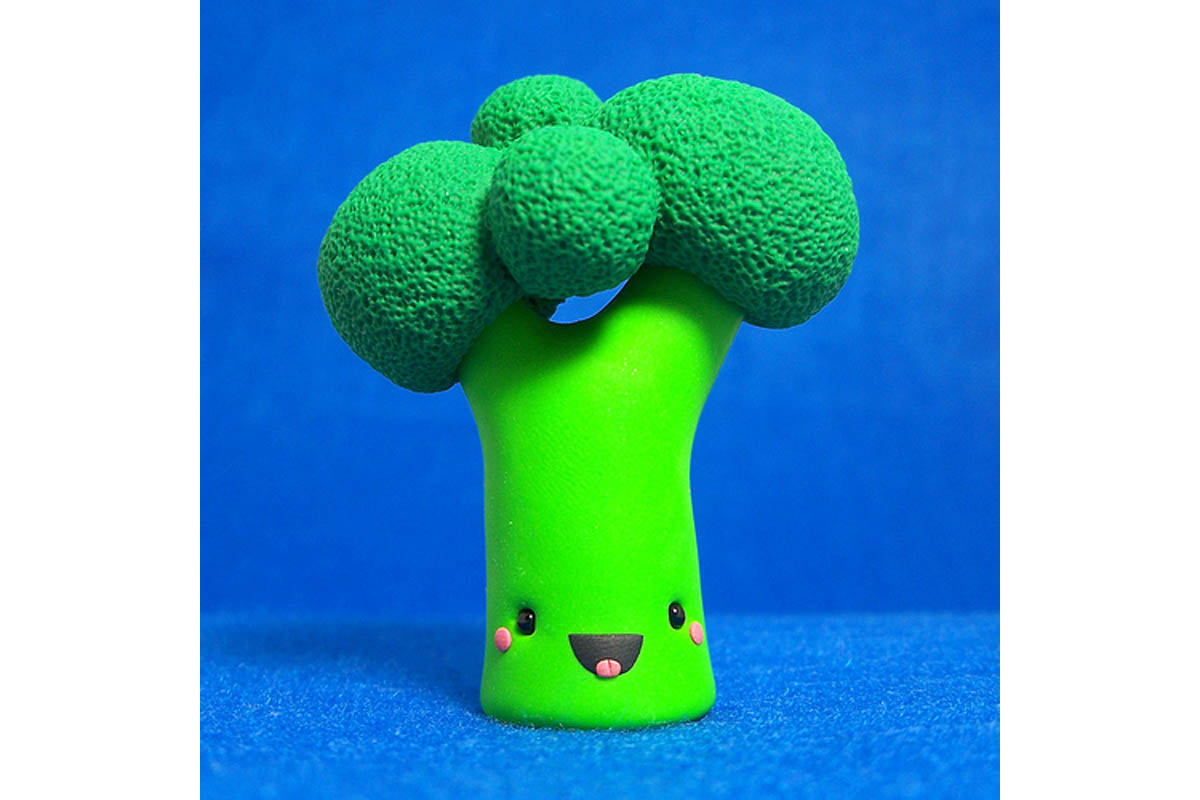Table of Contents
Being vegetarian may be increasingly common, but many people still question how a meat-free diet affects a person's health. Like any dietary choice, vegetarianism can be done responsibly, or badly. Those people who would like to raise their kids without meat can certainly do so in a very healthy way. Read on to find out more about raising children on extremely healthy and responsible vegetarian diets.

What Is A Vegetarian Diet?
At the most basic level, the word “vegetarian” indicates a meatless diet. This diet may consist mostly of vegetables, but that is certainly not always the case. There are different types of vegetarians, something most people will have heard about already.
The types of people who are usually included in the "vegetarian" umbrella term include:
-
Vegans, who do not eat anything of animal origin. Milk and dairy products and eggs are obviously no-gos for vegans, but many people with a vegan diet also refrain from eating honey — because it is produced by bees and thus of animal origin, and the bees did not give you permission to eat that.
-
Lacto vegetarians and lacto-ovo vegetarians. Lacto vegetarians include milk and dairy products in their diets, which may come from cows or other animals such as sheep or goats, while lacto-ovo vegetarians also eat eggs.
-
Pesco vegetarians eat fish as well. Fish may be meat, but it is consider to have a different quality to it. For many people, cutting out most meat while keeping fish and seafood is a first step on the road toward vegetarianism.
-
Occasional meat-eaters eat mostly vegetarian diets (of any kind), but will eat meat occasionally. Some will eat meat when they go out for dinner, and others will only eat organic meat occasionally (because that stuff is expensive!).
-
Raw-food vegans limit themselves to raw food only. They eat plenty of vegetables, fruits, and nuts but can also prepare beans and legumes in ways that make them fit for raw consumption.
I'll immediately admit that I have not seen any statistics about the number of vegetarians that current exist across the world, but it is very clear that vegetarianism has been on the rise during the last couple of decades. My mother became a vegetarian in her teens, for ideological reasons. Not eating meat was very unusual in those days. I grew up on a meatless diet in a time where most people knew about vegetarianism, and during which the choice of not eating meat was fairly acceptable. The majority of people still thought that children should always eat meat — though they may have accepted the adult's choice to “become unhealthy” by being vegetarian. Now, my own children are third-generation vegetarians and it is rare to have anyone bat an eyelid because of that.
I would like to use my own example to point out that not every vegetarian excludes meat from their diet because of ideological reasons. My mother was a hippie, pacifist, and environmentalist. I have no problem with eating meat at all, and even tried it as a teen. It seems like being meat-free throughout childhood does something to your taste buds, though, because meat makes me vomit. I don't cook meat for my kids because I don't know how to and wouldn't enjoy working with meat. Both have occasionally tried meat in restaurants and at other peoples' houses, and likewise don't enjoy it.
Is a vegetarian diet damaging to a person's health?
Is being vegetarian actually healthier than being an omnivore? Those are two very frequent questions people who are interested in the topic for any reason ask. I'll leave it at this: a balanced and responsible diet including selections from all the important food groups leads to better health. When your nutritional needs have been met, you don't suffer from nutritional deficiencies unless you have an underlying medical problem. Every person benefits from being tested for deficiencies once in a while.
It is possible to be an über-healthy meat eater just as much as it is possible to be a junk-food vegetarian. I have met both, and many variations in between — as have you, I am sure. The key to making a diet healthy is to approach it with common sense. For vegetarians, this may mean looking into which vitamins and minerals are more easily found in meat and looking for vegetarian sources of the same.
- Photo courtesy of ittybittiesforyou on Flickr: www.flickr.com/photos/ittybittiesforyou/5808784795
- Photo courtesy of buzzymelibee on Flickr: www.flickr.com/photos/buzzymelibee/8480757500


Your thoughts on this